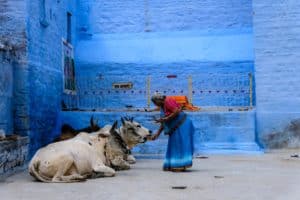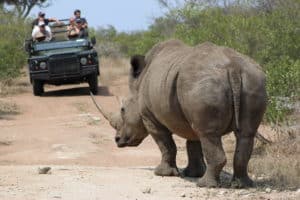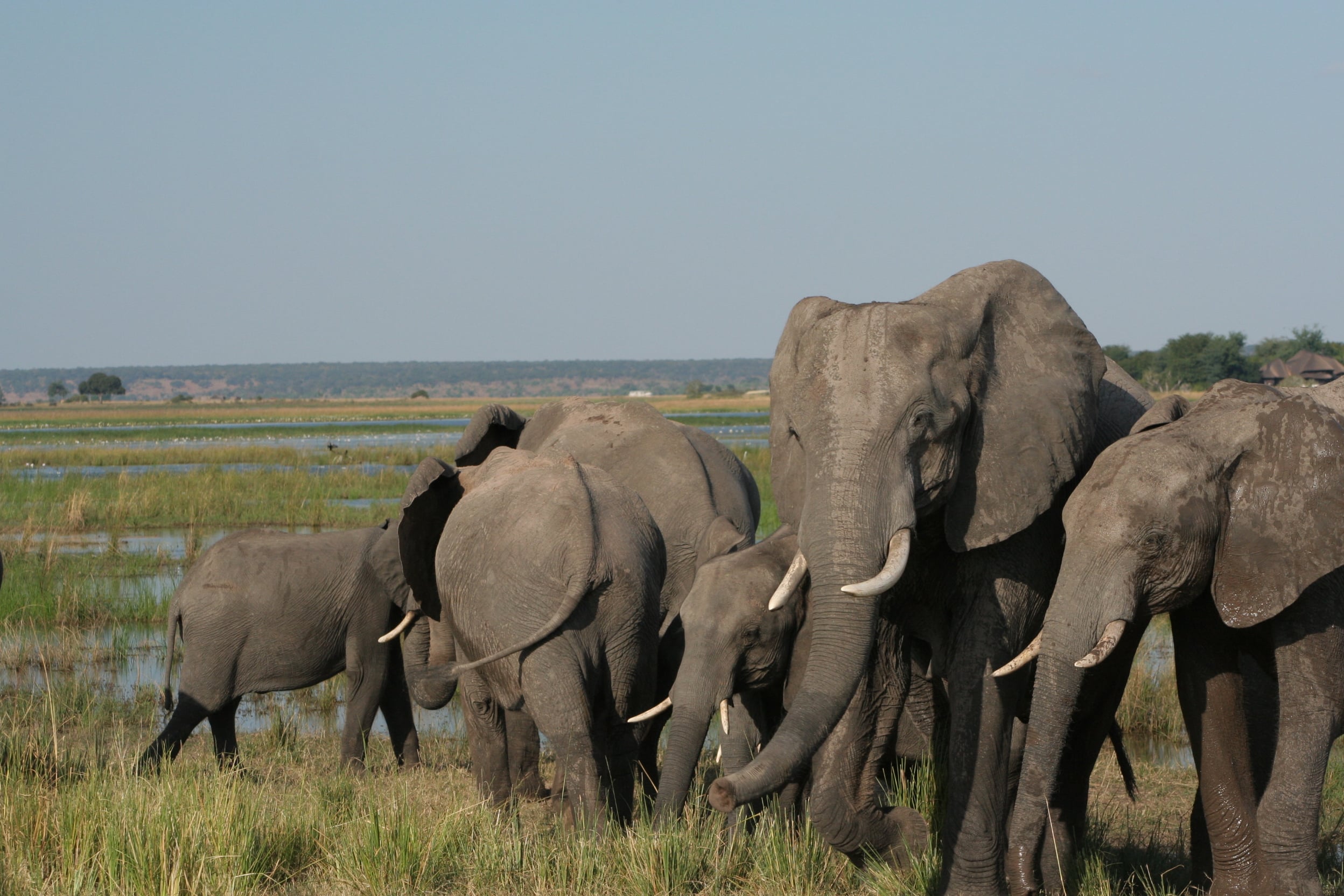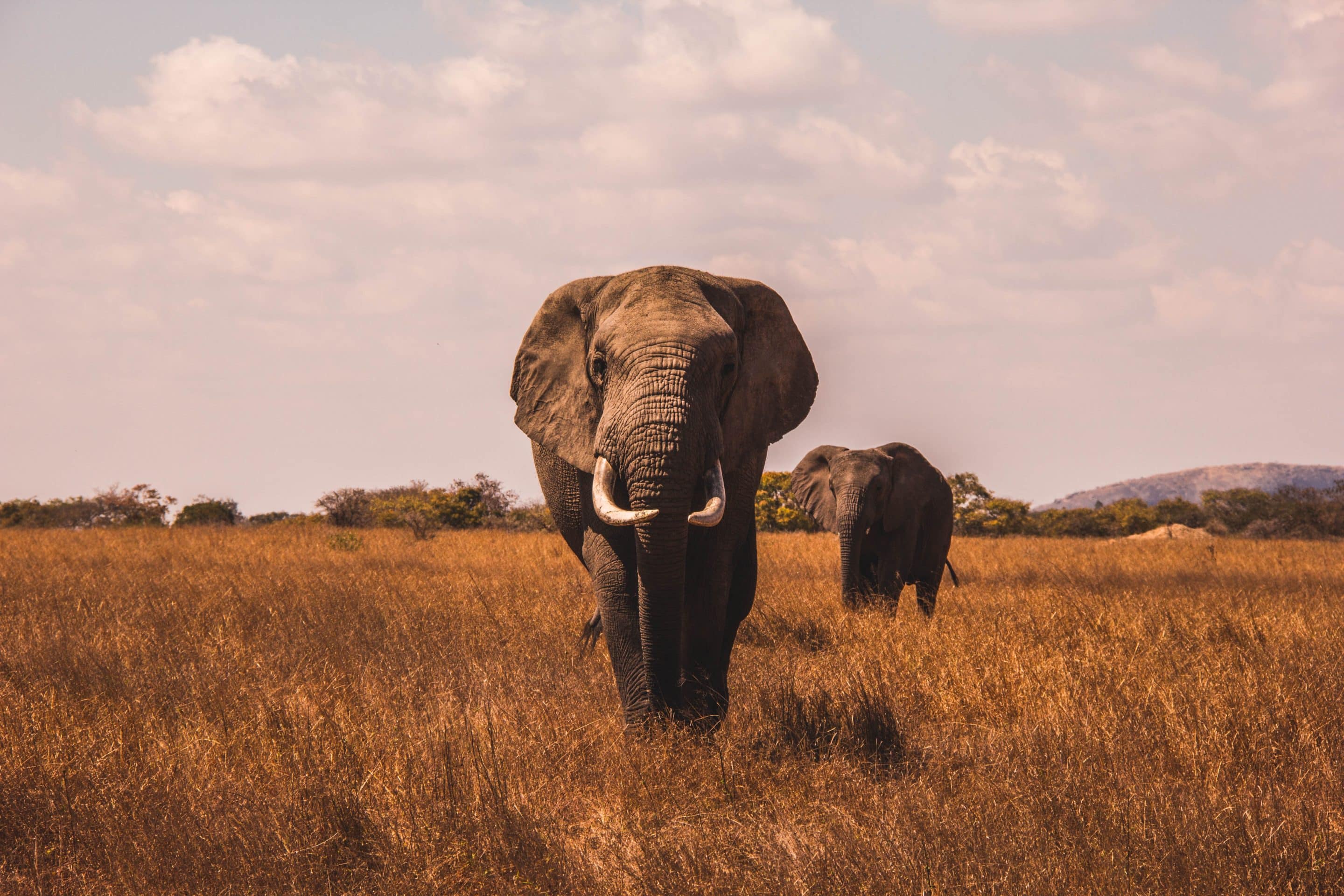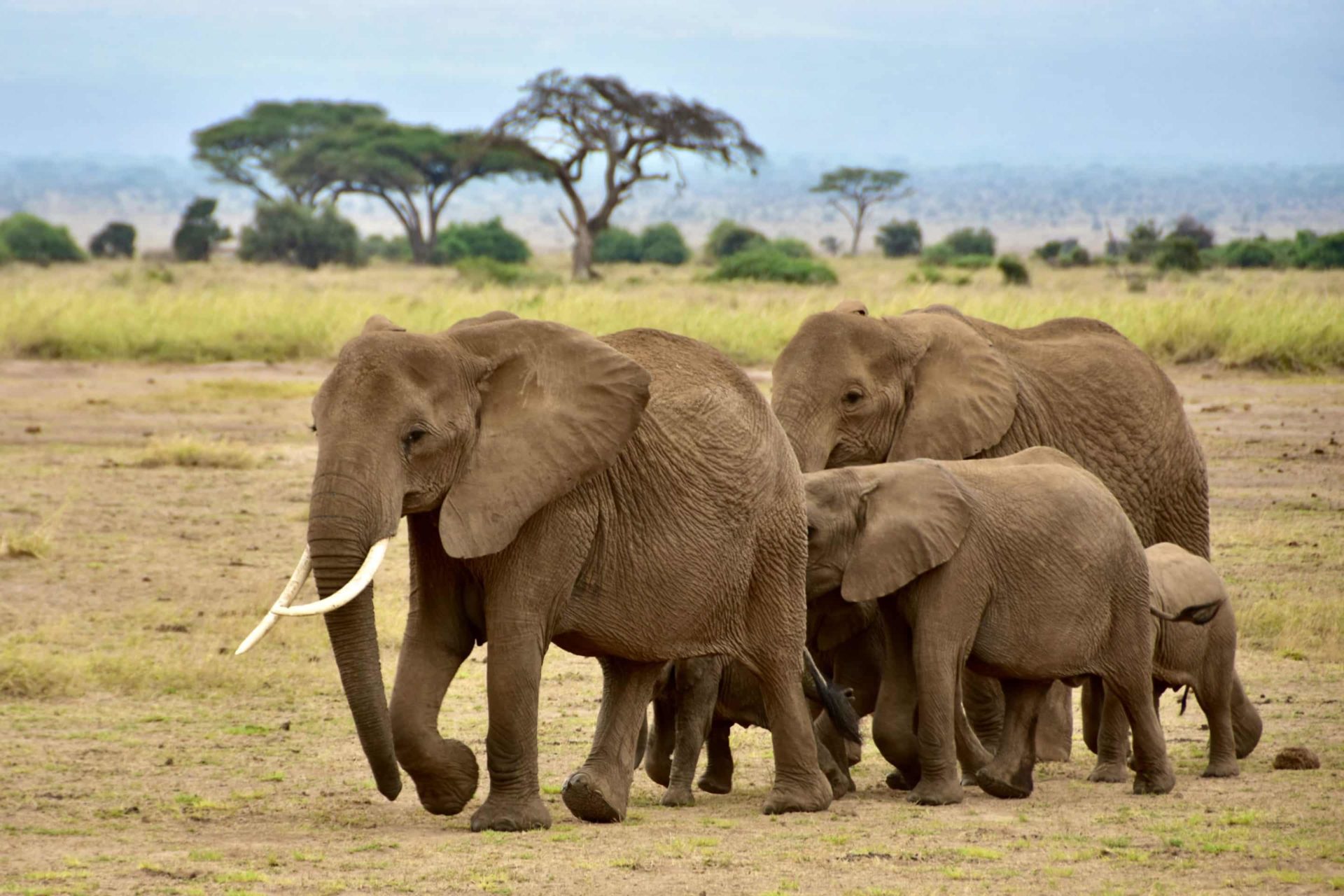It is common knowledge that Elephants Don’t Forget! Elephants are incredibly intelligent animals that are highly social and comparable to humans in many ways. Like us, they live in communities with hierarchies and sophisticated family and community structures. They also play, solve problems and use tools. However, elephants are often exploited for ‘elephant-tourism’ where they are marketed as showing human traits, like being creative, to draw visitors and money in. For example, the internet swarms with videos of them partaking in human activities like painting with their trunks. But what you don’t see in these videos is the trainer behind the camera, prompting each movement making this painting show just another exploitation of elephants. So, when it comes to grief and funeral rituals, do elephants grieve on their own terms? Or if we have simply interpreted these behaviours as grief based on the way we grieve?
Do Other Animals Grieve?
Few animals seem to grieve in the same way we do. Many show signs of mourning, acting listless and sleeping less as seen in dogs, cats and horses. Orcas, dolphins and chimpanzees, to name a few, have also been known to be vocally distressed when losing a baby or partner. They might continue to carry their dead young for a while because there exists a strong bond and a sense of loss between the living and the dead. If these animals understood death as simply rational they would surely not go to such efforts with sick or dead members.
Elephant Mourning Behaviour
Regardless of human bias, it is clear that elephant behaviour changes with loss, showing signs of stress both in captivity and the wild. When passing a dead elephant’s remains, they react by touching the corpse with their trunks, stroking it and spending time with it before moving on. In 1957, David Sheldrick (a Kenyan farmer and the eponym for the Sheldrick Wildlife Trust) wrote that elephants have “a strange habit of removing tusks from their dead comrades”. In many instances elephants have carried tusks weighing up to 100 pounds for up to half a mile.
Elephants have also been known to cover their dead with soil and foliage making them, as far as we are aware, the only other animals who sometimes perform simplistic burials. There are stories where elephants have performed something similar to vigils, making their way to a dead companion’s body by following it’s scent.
Stories of Elephant Grief – Elephants Don’t Forget
Iain Douglas-Hamilton, a British zoologist and expert in elephant behaviour, once moved part of an elephant shot by a farmer to a different area. Soon a familiar family came and approached the body cautiously, advancing together. They began examining the body, sniffing it and rocking bones gently with their feet. Many carried bones away with them.
Another story tells of a matriarch who died of natural causes and Cynthia Moss, director of the Amboseli Elephant Research Project in Kenya, brought her jawbone to a research camp. A few days later, the matriarch’s family passed through the camp. They ignored all the other elephant bones in the camp and went directly to hers. After spending some time with the jawbone most moved on, except for one who stayed longer to touch the bone and fondle it. This elephant was the matriarch’s son.
Cynthia Moss has written a book called Elephant Memories: Thirteen Years in the Life of an Elephant Family where she chronicles the lives of elephants she has studied in Amboseli. It is a wonderful read for any animal lovers.
Grief is a Shared Experience – Elephants Don’t Forget
Despite our habit of applying human behaviour to animals, it is true that elephants have strong bonds with their herd members and their family structures reinforce that. When they lose members, their grief is not simply a response to death but an emotional sense of loss of companionship. It seems we are not so dissimilar to these magnificent creatures.
